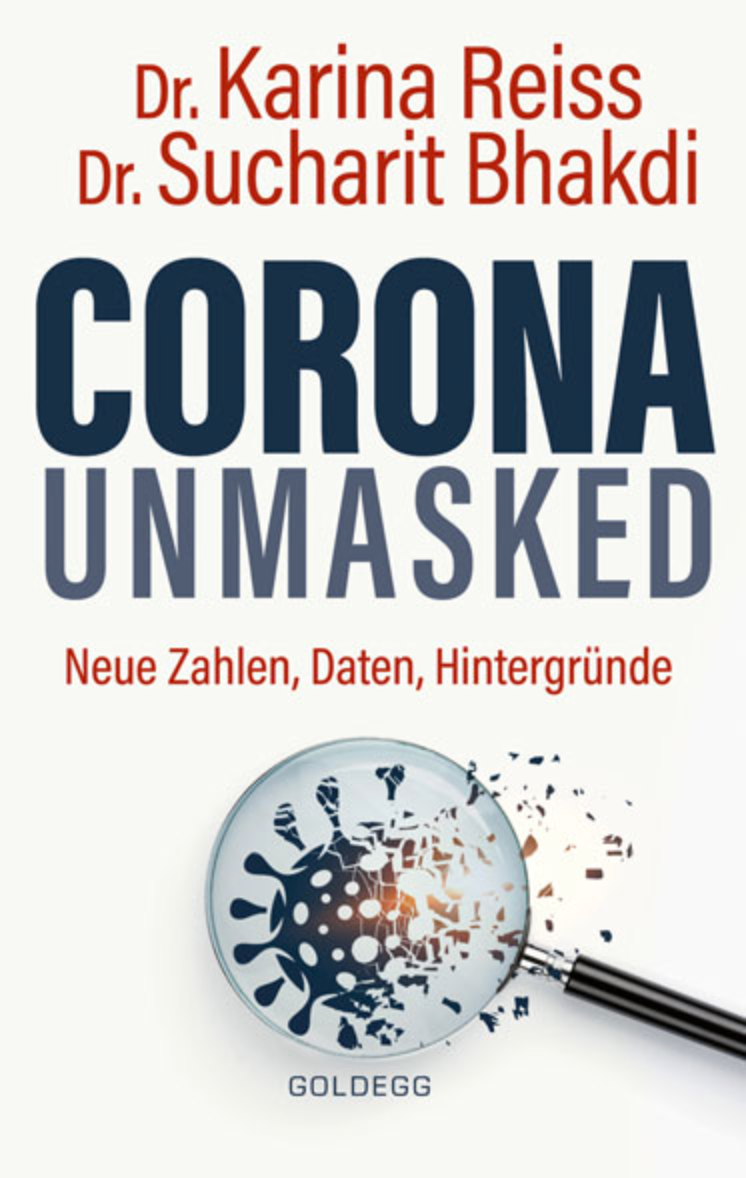Shingles is not something to be trifled with: zoster infections not only mean severe pain for those affected, but there is also the risk of long-term consequences. In particular, zoster ophthalmicus, shingles on or in the eye, can lead to permanent restrictions such as blindness in the affected eye. It is therefore entirely understandable that people want to counteract shingles with vaccinations. However, a recent study shows that this can backfire.
Varicella-zoster viruses cause chickenpox when initially infected. Our body reacts to this by forming appropriate antibodies: The viruses then retreat into the ganglia (nerve nodes) and remain inactive there. It becomes problematic when they are reactivated - for example due to a weakening of the immune system. Then shingles develops.
If the ophthalmic nerve, which is responsible for the sensitive supply to our eye region, is affected, it is known as shingles of the eye (zoster ophthalmicus). In any case, this must be treated early because complications can lead to serious long-term consequences: not only a partial loss of vision in the affected eye is possible, but also blindness.
Vaccination increases risk instead of reducing it
A study has now shown that people who were vaccinated with a recombinant zoster vaccine do not have a lower risk of ophthalmic zoster, but a higher one. The work compared the data from 12,762 unvaccinated people with those from 3,646 vaccinated people. All had a history of zoster ophthalmicus. Among those vaccinated, the risk of a recurrence, i.e. a reoccurrence of the infection, was increased 1.6-fold in the first 8 weeks after vaccination.
Unfortunately, nothing is known about the severity and consequences of the diseases because this information was not available from the data used for analysis.
Familiar reassurances
The lead author of the study, Dr. Nisha Acharya, took pains to emphasize to The Epoch Times that this risk was not greatly increased. It is too early to change vaccination recommendations, and the data does not mean that people who have already been infected should not be vaccinated. She is confident that the benefits of the vaccination outweigh the risks.
For purposes of classification, however, it should be noted at this point that Dr. funded by the National Institutes of Health study Nisha Acharya also participated in a 2021 that claims to have demonstrated high effectiveness of the recombinant zoster vaccination against shingles in the eye. Problematic: They worked with data from almost 4,850,000 people, of which only a whopping 3.7 percent were vaccinated according to the vaccination schedule - the naturally small number of illnesses in the small group of vaccinated people (there were only 30 cases) makes this significant statistical evaluations impossible. The incidence among vaccinated people in the age group of 50 to 59 years was 0 because no cases occurred here. For other age groups, exact case numbers were no longer given because that would have compromised patient data protection. Such information is worthless.
On top of that, it is stated in the discussion that vaccinated individuals are supposedly sicker than unvaccinated people and that this must be taken into account when assessing the effectiveness of the vaccination. They have obviously never heard of the Healthy Vaccine Effect (according to which sick people naturally prefer to avoid additional stress from vaccination, so that the group of vaccinated people tends to be healthier, not sicker). This often neglected effect means that the effectiveness of the vaccination is often overestimated - the authors claimed the exact opposite. Unfortunately, it cannot be assumed that these scientists even considered a lack of effectiveness of the vaccination to be conceivable.
Vaccination triggers an immune reaction and thus shingles
According to the new study, the increased risk of shingles recurrence in the eye is explained by Dr. Acharya with an immune system reaction to the virus remnants in the eye triggered by the vaccination. Fighting the viruses leads to inflammation and thus to the recurrence of shingles. She and the other study authors therefore recommend that people with a history of zoster ophthalmicus be specifically monitored after vaccination.
whether the benefits reported by the pharmaceutical industry and pharmaceutical-friendly authorities such as the NIH In the end, everyone should judge for themselves really outweigh the risks. In any case, study results such as those on the reactivation of zoster infections in the eye show that drugs and vaccines intervene in biological processes that humans do not yet sufficiently understand. Not all of the consequences of such interventions become apparent in a timely manner.









